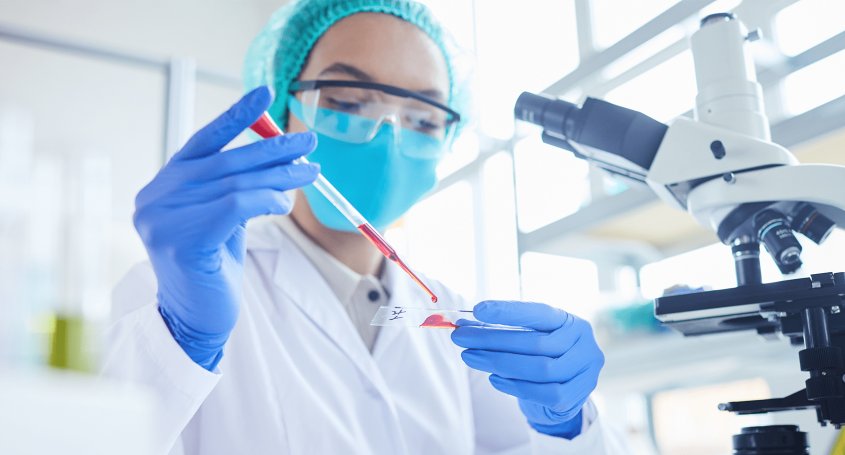There are many causes of infertility, but could endocrine disruptors be one of them? Do they affect reproduction and pregnancy? We will answer all these questions below.
What are endocrine disruptors?
In everyday life, we use many products that have become indispensable. However, scientific evidence has shown that some of these exogenous chemicals can have harmful effects on the human body's hormonal system. These endocrine disrupting chemicals are known as endocrine disruptors or EDCs (Endocrine Disrupting Chemicals).
EDCs are found in products, natural or synthetic, and usually enter the body through inhalation, food or direct contact. Examples of endocrine disruptors include:
- Household insecticides such as parathion or dichlorodiphenyltrichloroethane (DDT)
- Bisphenol-A (BPA): present in some food storage containers and used to make certain plastics.
- Parabens: found in many products (food, cosmetics, etc.).
- Phthalates: used in the manufacture of plastics to provide flexibility.
- Certain components of UV filters in creams, e.g., 3-benzophenone.
- Triclosan: present in some antimicrobial and personal care products.
Is the effect of EDCs cumulative and reversible?
One of the most worrying aspects of EDCs is precisely their side effects, which are irreversible and cumulative, meaning that they are passed on to future generations without having manifested themselves pathologically.
How do endocrine disruptors work?
EDCs act by altering the hormone system in different ways like by mimicking the body's hormones, altering their synthesis or metabolism, blocking the pathway between a natural hormone and a cellular receptor, etc.
Thus, how do they affect fertility?
It is not surprising that hormonal disruptions caused by endocrine disruptors have a negative impact on the reproductive process, but how do they affect us?
Endocrine disruptors have been found to cause increased risk of cancer, changes in germ cells (the precursors of sperm and egg cells) or defects of the urethra (in both men and women), etc.
In men, EDCs have been linked to undescended testes, poor semen quality, increased sperm DNA damage and alterations in testicular morphology.
In the case of women, endocrine disruptors could be the cause of longer menstrual cycles or accelerated menopause, among others. In addition, scientific studies suggest that they are related to some pathologies such as endometriosis, polycystic ovarian syndrome (PCOS) and breast cancer. On the other hand, they would not only affect fertility, but also pregnancy, leading to a higher risk of miscarriage and a higher rate of ectopic pregnancies.
From Barcelona IVF , we will closely follow all the research on endocrine disruptors in order to continue offering the most current and relevant scientific content.
















